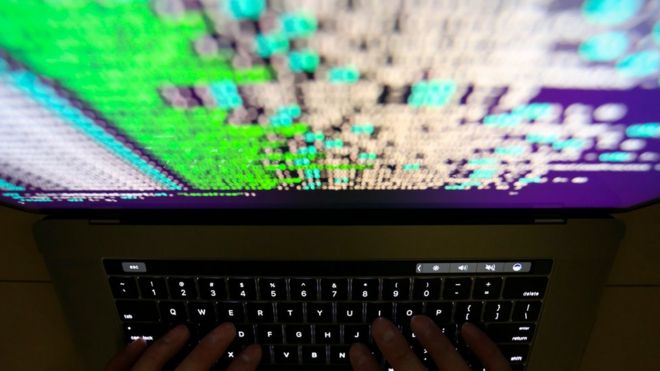By: Katherine Hewitt
Impunity Watch Reporter, Europe
BUCHAREST, Romania – Over a 2 day referendum on 6 and 7 October 2018, Romanians have the chance to vote on a Constitutional change that would define marriage as between a man and woman. The senate approved the referendum on 11 September. The lower chamber approved the referendum back in June of 2017. The referendum comes after a coalition of social conservatives, Coalition for the Family, collected 3.2 million signatures in order to submit a bill to the Parliament banning gay marriage in the Constitution.
.jpg)
In 2001, Romania decriminalized homosexuality, but gay marriage remained banned by law. Critics say this referendum would be a further step to ensure that gay couples do not gain the right to marriage in the future. Currently, the Constitution states that marriage is between spouses.
EU officials and human rights organizations wrote to the Prime Minister of Romania, Viorica Dăncilă condemning the referendum. The concern is that this proposed change further legitimizes discrimination and violence against those of the LGBTI community. Additionally, it leads the way towards discrimination of other minority groups in Romania.
An excerpt from the European Parliament’s letter reads: “This redefinition of family has the potential to harm children in all families by promoting the message that single parent families, non-married partners with children, grandparents raising their grandchildren, rainbow families, and all other families that do not fall under the narrow definition proposed by the referendum do not deserve to be recognized and protected.”
Additionally, there is concern over why the referendum was held over two days, rather than the typical one day. This move could be seen as an attempt to manipulate the outcome of the referendum and to ensure the collection of the minimum number of votes needed to pass.
In order to be valid, the referendum needs a 30% turnout or roughly 5 million votes. A poll, conducted by CURS, states that there would be a 34% turnout rate with 90% voting ‘yes’ in favor of the change.
As of the end of 6 October (the first day of voting) there was only a 6% turnout rate. A voting observation group noted irregularities.
For more information please visit:
Balkan Insight – Romanians Vote in a Two-Day ‘Family’ Referendum – 6 October 2018
CNN – Romania votes on defining marriage as only between a man and a woman – 7 October 2018
Reuters – Romanians vote on constitutional ban on same sex marriage – 6 October 2018



